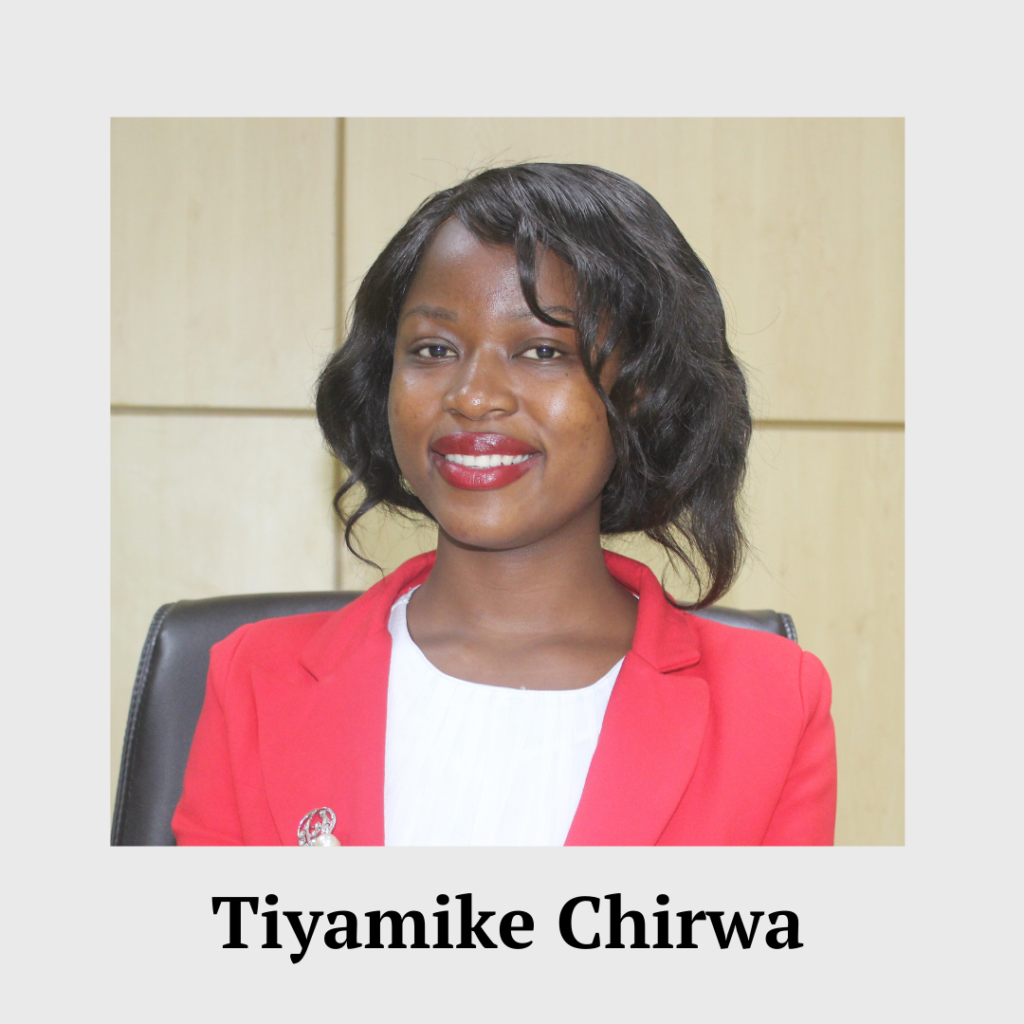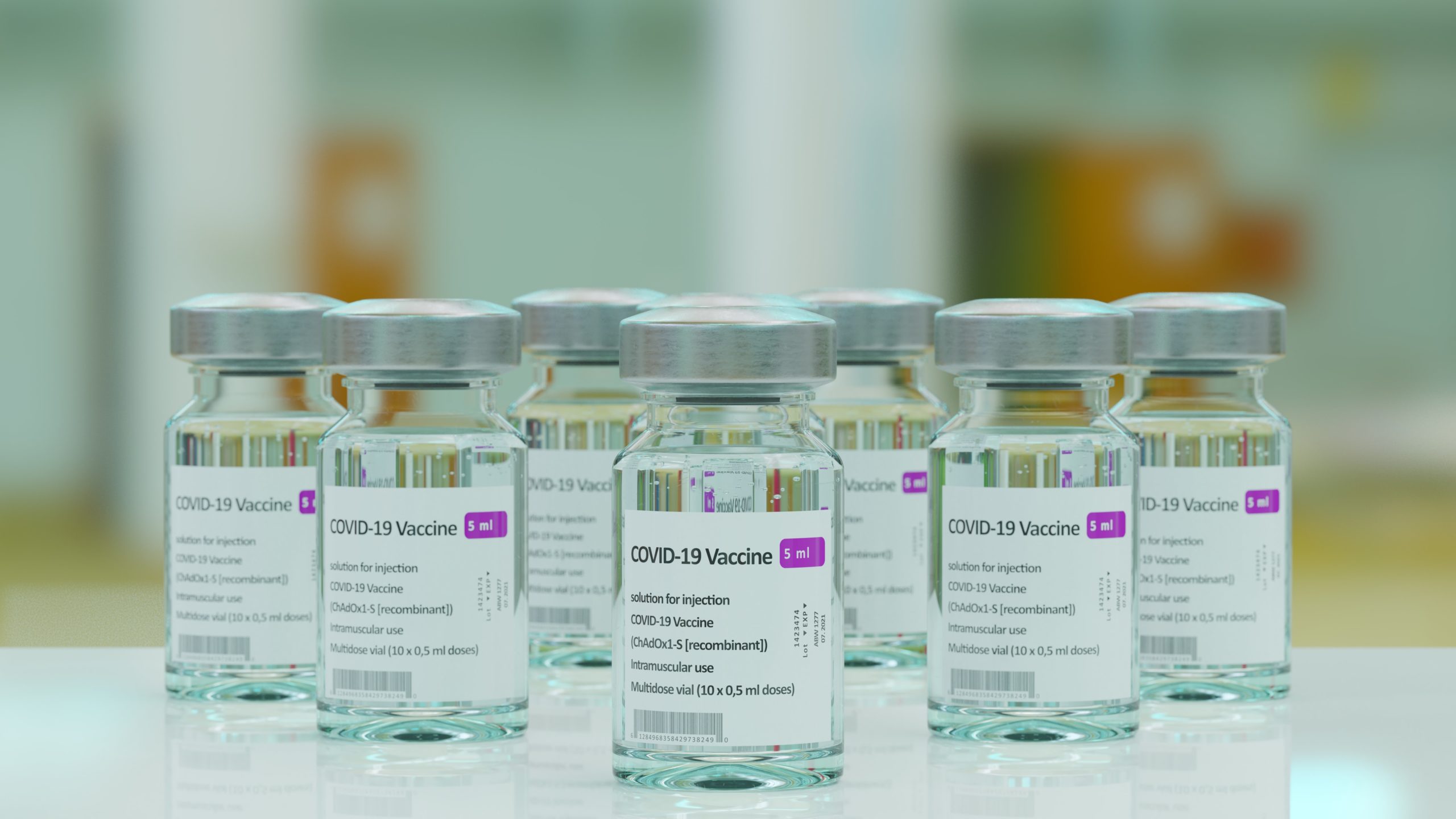Africa lags behind in vaccination race
September 10
Thoughts of persistent worry and fear are constant as we continue to fight what may seem to be one of the most common enemies to humanity, COVID-19. Earlier in the pandemic; lockdowns, curfews and other containment measures were adopted around the world in solidarity against the virus. Tiyamike Chirwa, a 26-year-old Commonwealth Correspondent from Malawi writes that since vaccines were created the fight seems divided as low-income countries especially those in Africa do not have equal access to vaccines.
The lack of access to vaccines is causing low-income nations to lag behind in the race to slow the spread of Covid-19. At the time of this publication, it was reported that 41.1% of the world population has received at least one dose of a COVID-19 vaccine, but only 1.9% of people in low-income countries have received at least one dose.
Since choosing to get vaccinated stands as part of an individual’s contribution towards the fight against COVID-19, how does Africa increase its vaccination rate with a limited supply of the vaccine?
The new SADC chairperson, Malawian president, Dr Lazaraus Chakwera, called for the Western world to facilitate equal distribution of the COVID-19 vaccine to Africa. Since Africa depends on vaccines that are produced by Western countries, it is crucial for them to be impartial.
Local production of COVID vaccines may, however, be ideal in meeting the demands of this pandemic. There are currently less than 10 African manufacturers that are producing vaccines as published by the World Health Organization in March 2021. The manufacturers are based in five countries: Egypt, Morocco, Senegal, South Africa and Tunisia. But can Africa bear the time and financial investment needed for establishing more vaccine manufacturers?
A study by the Noguchi Memorial Institute for Medical Research argues that it would take seven to ten years and highly skilled personnel to establish a vaccine manufacturing facility. Nevermind the high financial cost required, ten years is a long time for Africa to produce its own COVID vaccine.
Yet I believe the best time to plant a tree was 20 years ago, and the next best time is today. Humanity has faced pandemics throughout existence, and Africa ought to set its strides right by investing for the continent’s future well-being.
Developing infrastructure that necessitates research and production of not only vaccines but also medicine will propel the provision of sufficient health supplies to fight health issues.
Though the low vaccination rate is highly attributed to Africa’s lack of funds and limited trained personnel, the population’s hesitation to get the vaccine is also a major concern. Fear and misinformation have slowed the pace of vaccinations- this matter could be resolved with intensified community education to eradicate doubts about the vaccine’s safety. African communities have a vast, rich culture that requires a specialized approach to get the population to understand the safety of vaccines.
Financial factors and societal beliefs will always bear an effect on fighting health crises whether it is a long-standing or new outbreak amongst humanity. One thing is for sure, equal access and support for vaccination and medication should be a strict policy to save and preserve all lives across the globe.
……………………………………………………………………………………………………………………………………………………………………….
Photo Credit: Photo by Braňo on Unsplash
……………………………………………………………………………………………………………………………………………………………………….
About Tiyamike Chirwa: I am a marketing and communications professional with experience in the micro-finance and agricultural sectors. I am interested in the role of communication in advancing development and technological penetration that enhances national development. I aspire to grow my career to support entrepreneurs and innovators through contemporarily financial technology and product adaptation.
……………………………………………………………………………………………………………………………………………………………………….






